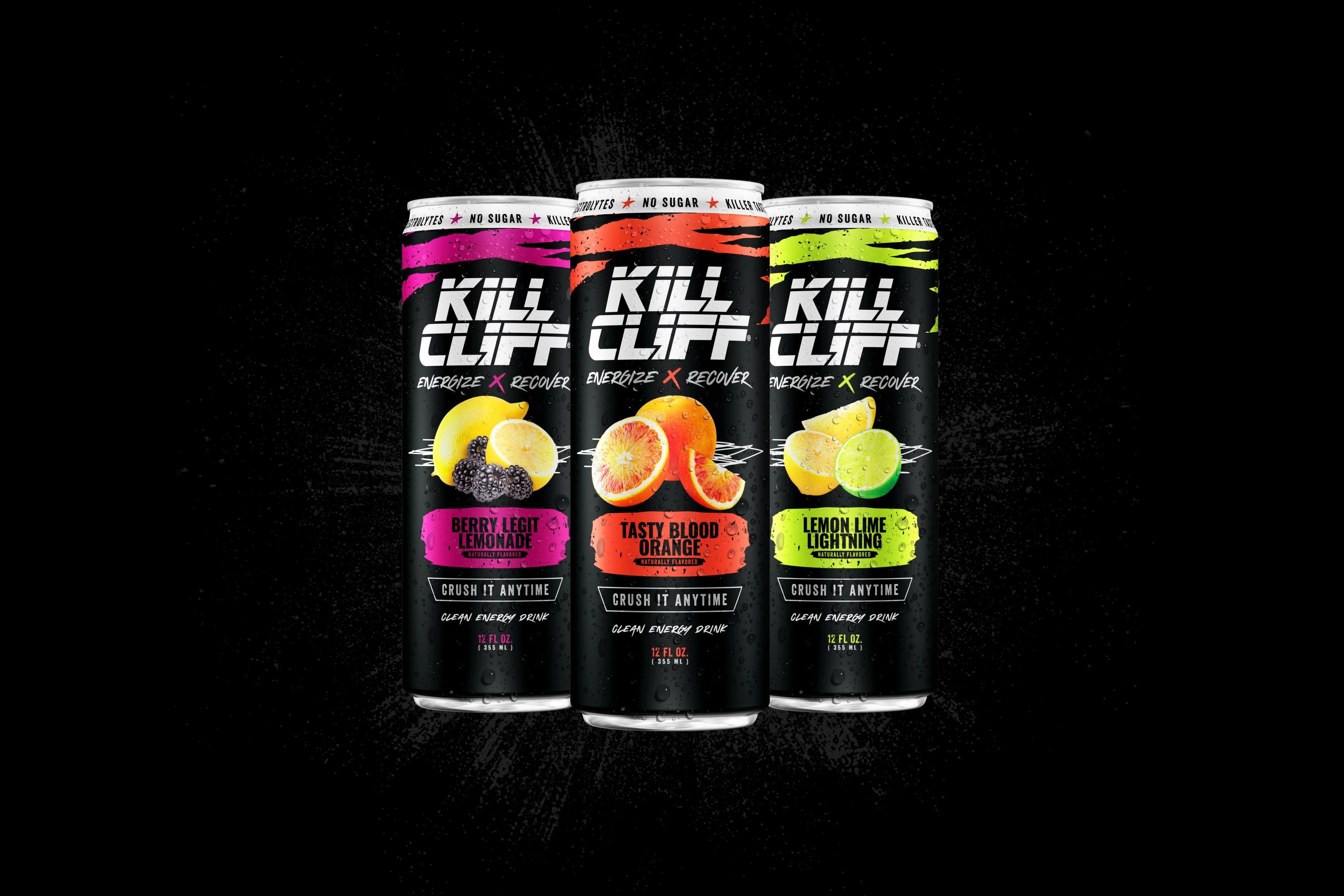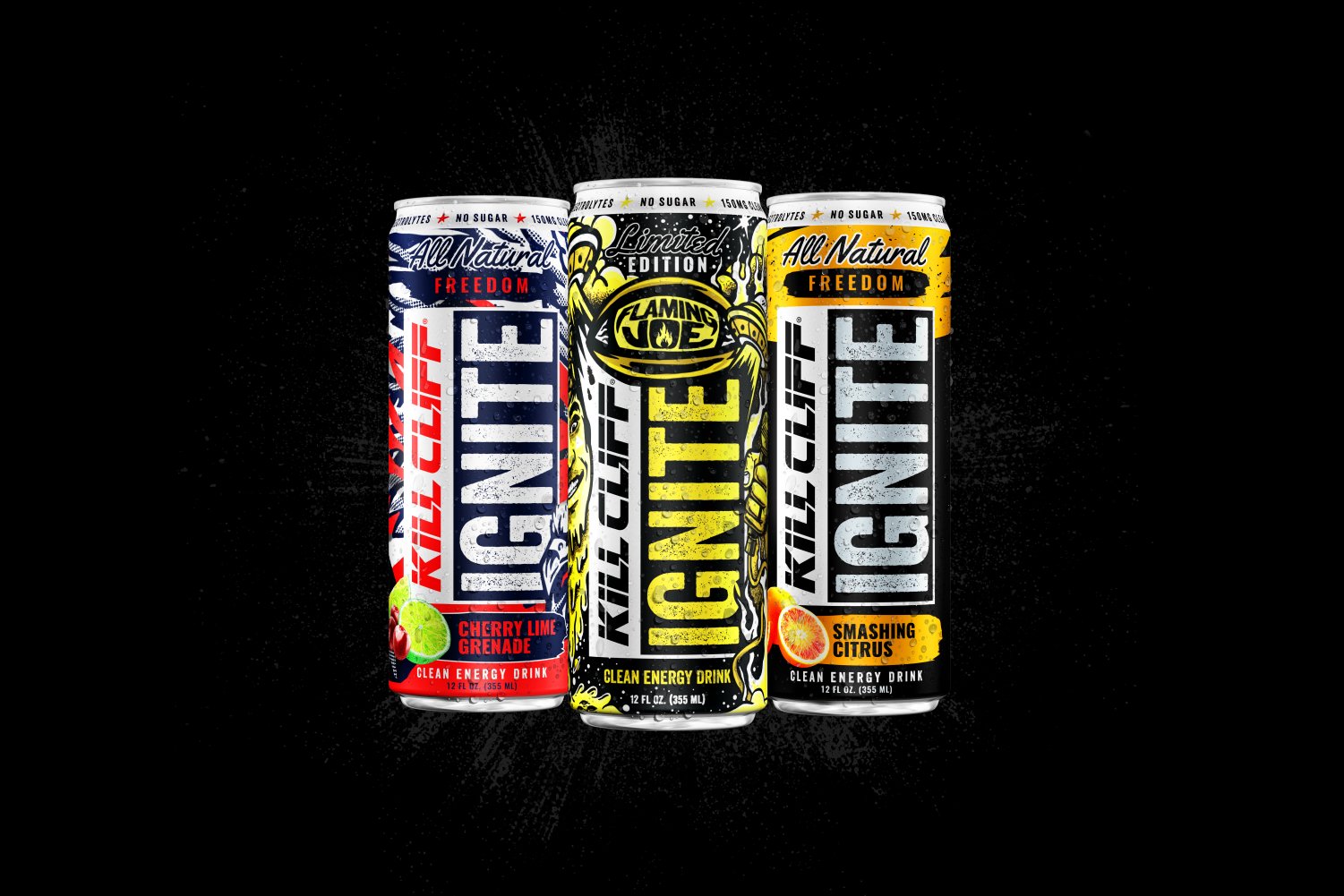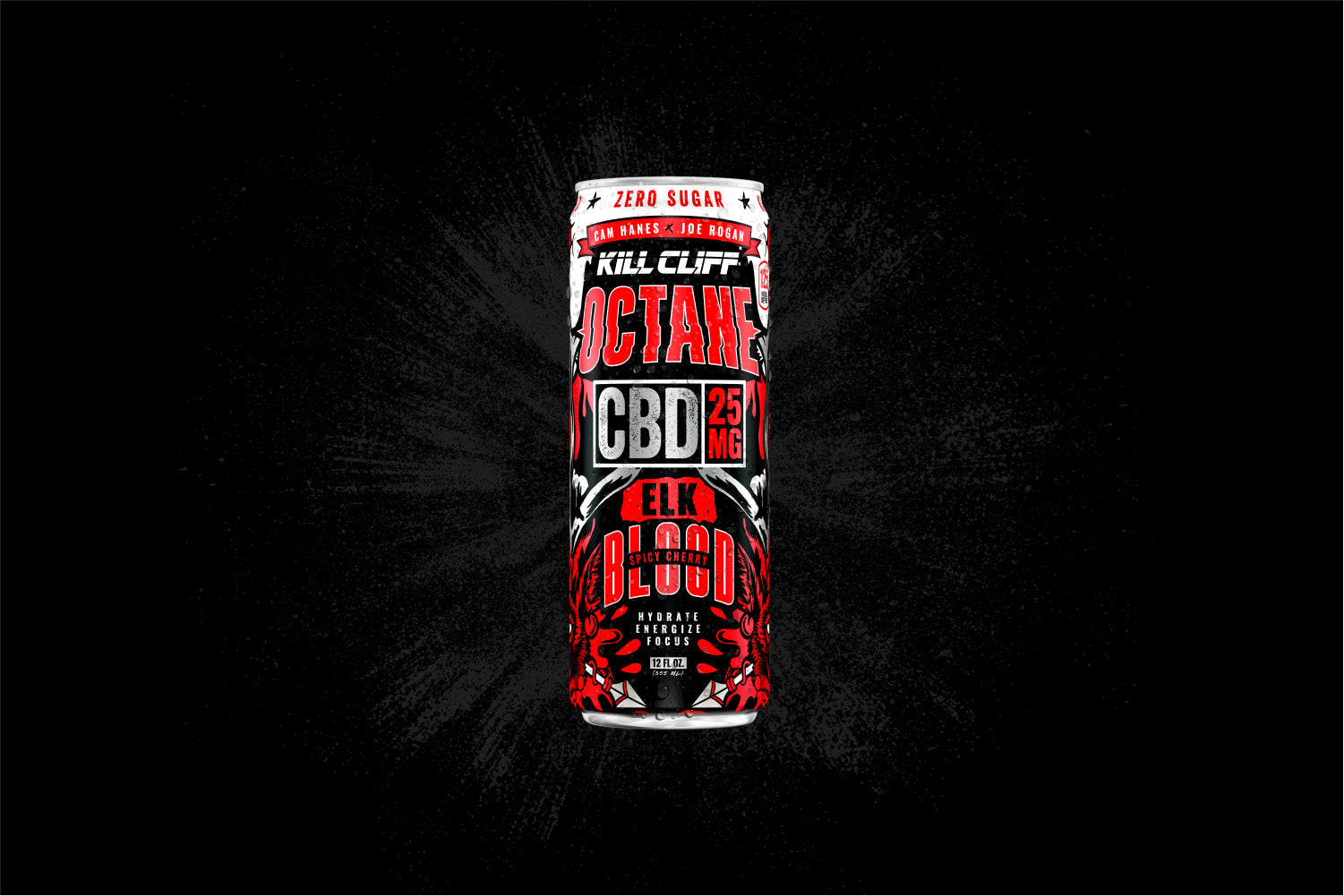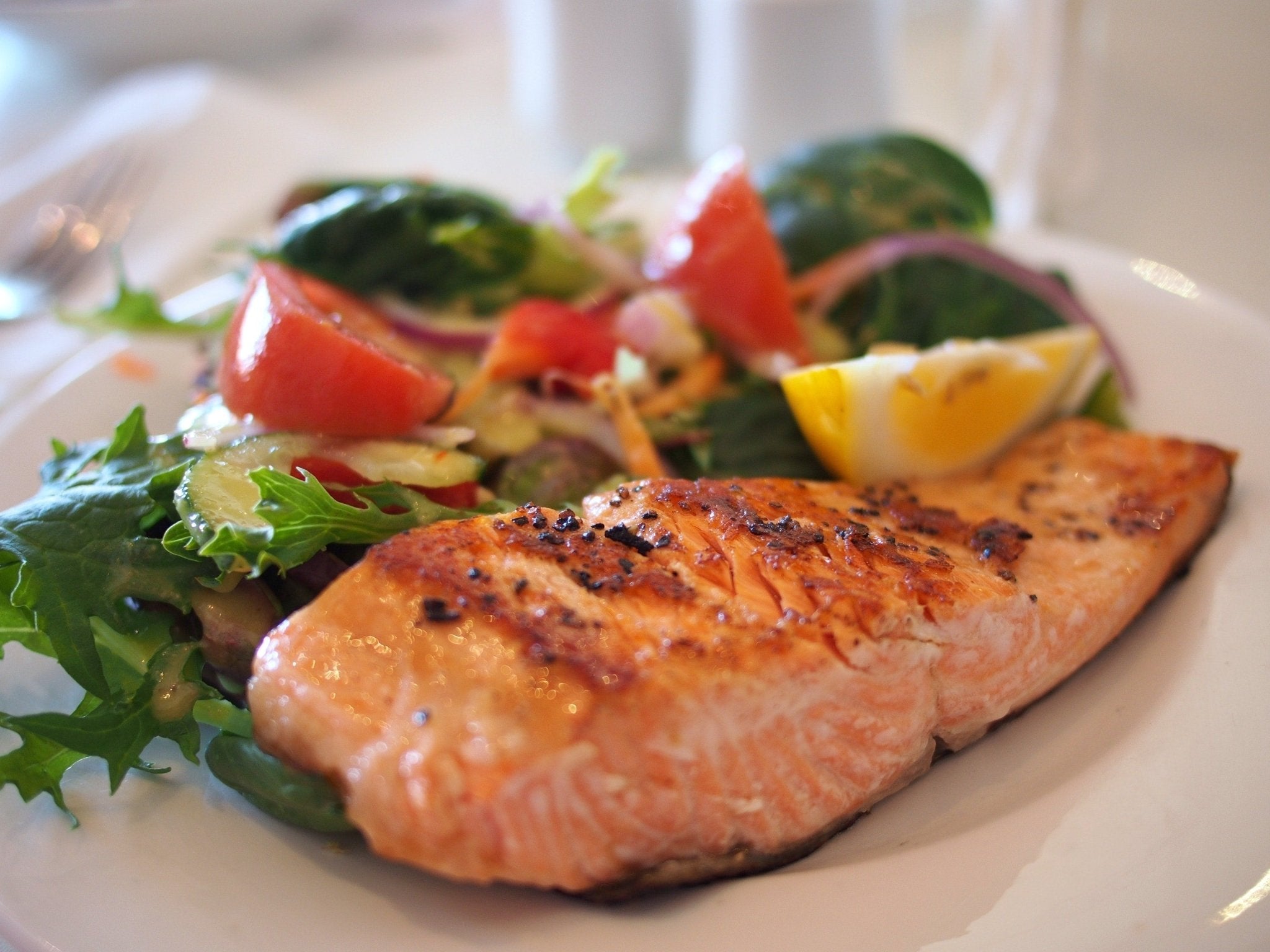
Inflammation is a risk factor for many chronic illnesses, including cardiovascular disease, cancer, and diabetes. There are two types of inflammation- acute and chronic. Acute inflammation is a normal and short-lived physiological response (lasting minutes to days) to an injury, irritation, or infection while chronic inflammation is a long-term physiological response (lasting weeks, months or even years) to one or more factors. These factors include stress, exposure to environmental toxins, a microbial or viral infection, poor nutrition, and processes related to aging. The progression of chronic inflammation to disease is a complex process and eventually leads to the disruption of normal function of cells and sets the stage for disease development.
There has been an effort to identify dietary factors that may promote or inhibit the inflammatory process. Nutrients play a key role in both promoting and combating the inflammatory processes. There are several laboratory, clinical, and epidemiological studies that link nutrients with the inflammatory process. There are nutrients that can make inflammation worse and these are known as pro-inflammatory nutrients. Nutrients such as trans-fatty acids and saturated fats are considered pro-inflammatory. The excessive intake of carbohydrate rich foods low in fiber and rich in sugars can also contribute to inflammation. A good example is the over consumption of sodas and other sugar sweetened beverages. There are also nutrients known to help reduce inflammation and these nutrients are known as anti-inflammatory nutrients. Nutrients found in fruits and vegetables, nuts, fatty fish, and olive oil are known for their ant-inflammatory actions in the body. In addition, there is evidence that certain spices such as cinnamon and turmeric have anti-inflammatory properties.
Ten ways foods can reduce inflammation

-
Boost consumption of fruit and vegetables- aim to eat four to five servings each of fruit and vegetables daily. Choose fruits and vegetables that are dark green, orange, yellow, and purple, since these have the greatest nutritional value. Leafy green vegetables are a rich source of magnesium and there is evidence that a diet rich in magnesium and help reduce inflammation.

-
Use olive oil in recipes as much as possible and decrease consumption of butter and other saturated fats. Use olive oil to make salad dressings or add a little to vegetables to add taste.

-
Snack on walnuts or almonds instead of chips. Walnuts and other nuts provide fiber, minerals, antioxidants, and the kinds of fatty acids that are good for your heart. Watch the portion size! A portion of nuts is ¼ cup or 2 tablespoons of nut butter.

-
Replace refined grains with whole grains, such as oatmeal for breakfast or quinoa with dinner. Try substituting brown rice for white rice or whole wheat or corn tortillas for white tortillas. Make sure your bread is 100% whole wheat and does not contain enriched wheat flour or bleached flour.

-
Eat fatty fish such as salmon 2-3 times per week to get more omega-3 fatty acids. Americans tend to eat too many foods high in omega-6 fatty acids found in vegetable oils and processed, fried fast foods. An excessive amount of omega-6 fatty acids has been linked to inflammation.

-
Eat fewer fast food meals. Fast foods tend to be cooked in oils that contain trans-fats, which increase inflammation. If you eat fast food try to order grilled options instead of fried and order a salad or baked potato instead of French fries. There are also many healthy alternative fast food restaurants popping up in cities all over the United States.

-
Replace white potatoes with sweet potatoes or even try purple potatoes. They are higher in vitamins and delicious when baked with a little olive oil, garlic and rosemary.

-
Eat more lentils and beans. They are a good source of protein and can replace red meat at meals. Try black beans and brown rice sautéed with onions and garlic seasoned with cumin and chili powder.

-
Cut out sugary drinks such as soda, juice, sweetened tea, and punch. Drink plenty of water to ensure adequate hydration. A great way to add flavor to water without all the sugar is to simply add cut up fruit to water or purchase an infuser. Try orange slices in water or get creative by adding herbs such as mint or sage to make some delicious flavor combinations.

-
Munch on dark chocolate (the darker the better) and fresh raspberries or blueberries for dessert or enjoy Greek yogurt with berries instead of a cookie or cake.








